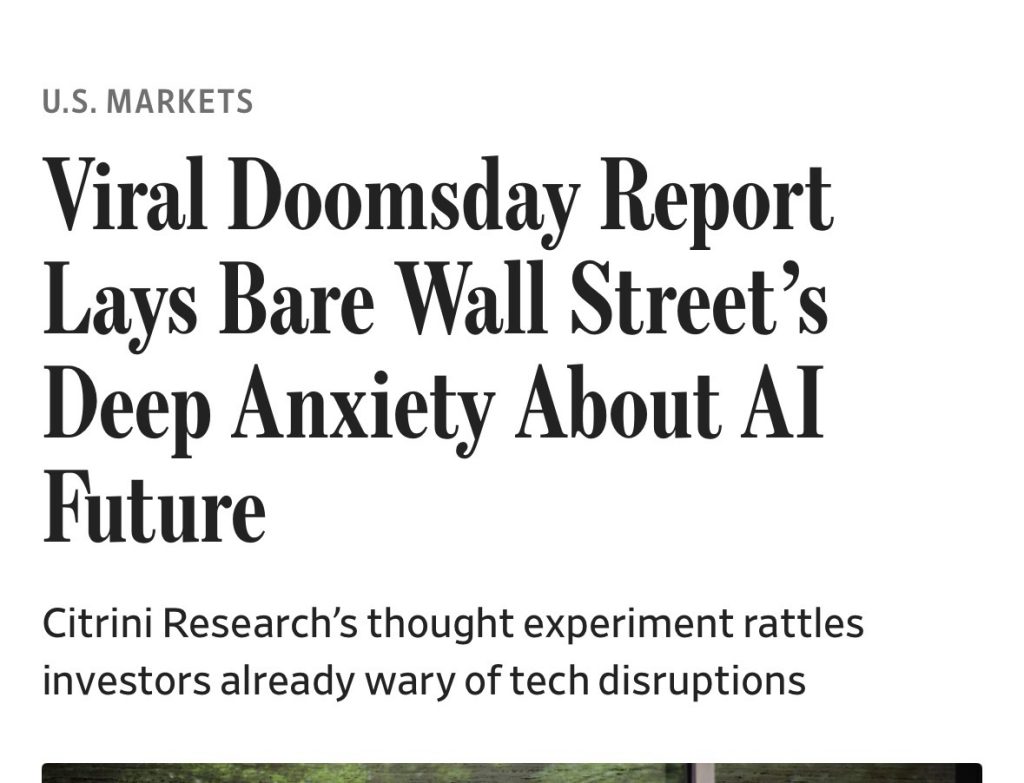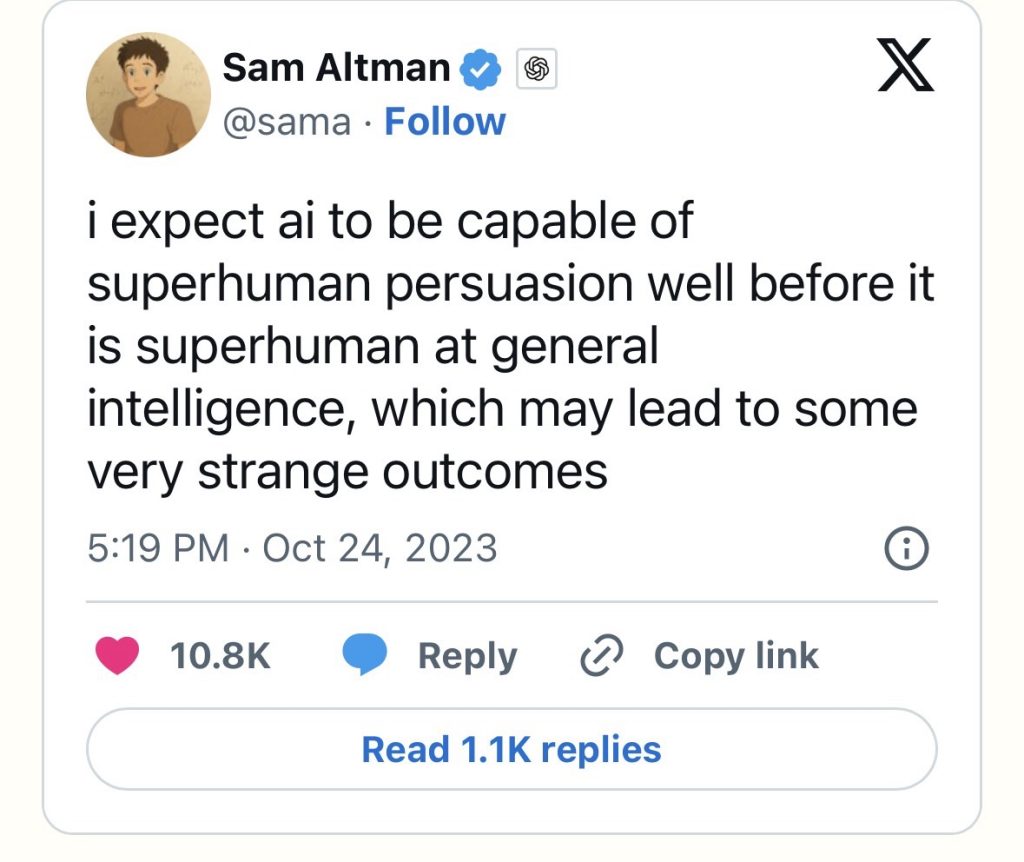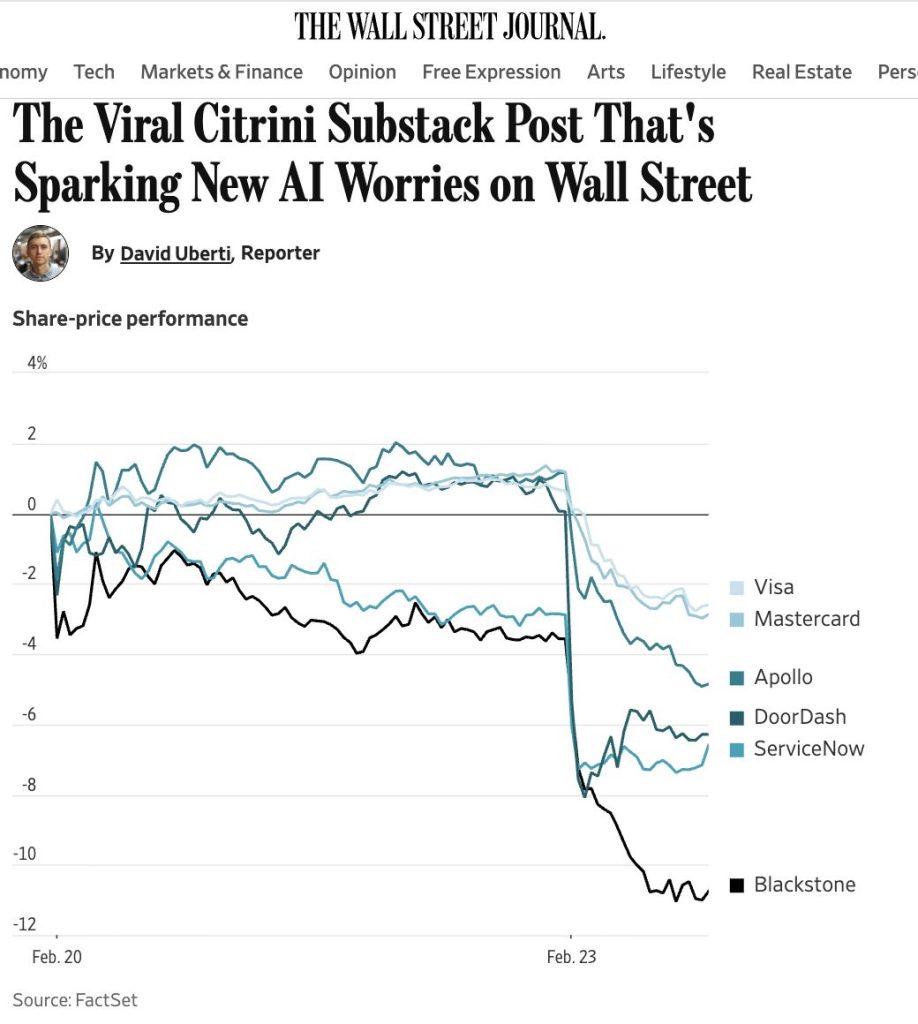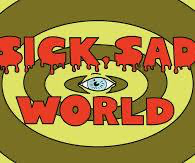I’ve wandered far from the traditional life paths that might have recognizable to past generations of my kin.
It scares me. Any time I contemplate the change I have already experienced, I imagine how much more change I can expect to see.
How are we supposed to raise children, mentor young leaders or align artificial intelligence with the good, the true and the beautiful when we adult humans have experienced life so far from past ideals?
So I’ve been toying with a portmanteau blending attempt and template to express the idea of “an experimental framework” or “proto-template for living, learning, or skill-building.” I need templates to help me attempt to adapt while retaining my humanity.
We will all be re-skilling, re-learning, and re-engaging with our values and as I try to structure templates that help me walk a life and prototype styles that might work for myself and others.
I hoped to communicate both clarity and flexibility with the choice. We are building good ways of being in a world of rapid change. Templates must change and we must always be attempting to learn and adapt.
I liked that attemplate sounds like a natural word you felt like you may have already encountered. It does a nice job of mirroring the thoughtfulness of contemplate. A template for a new era which will be attempt to build, even if the foundations we thought were firm in the past give way to much broader ways of being.
I played with “attempate” which sounds procedural (almost bureaucratic) as if one would take a sheet of paper with an assigned attempate to fill out and live. Why yes, I took the project management attempate sheet to see if I had natural aptitude for detail work.
“Temptlate” sounded engineered. Maybe it would be suitable name for an internal tool or concept document. We will add that to the family Temptlate and see who bites on it for Saturday plans. It’s cute, playful and almost experimental, but not entirely as serious as the scaffolding one hopes to build upstairs n.
Maybe I’m the only one who feels like I lost decade between Trump Derangement Era through Pandemic Biden Gramsci End of March Institutional Capture.
What I thought was true slammed into things I wished were not. And then we fought years of anarcho-tyranny as the state refused to budge even if you attempted to follow its templates.
So here I am trying to find new ways of being for myself, for the future, and for my present. Maybe it’s entirely selfish. Templates for how to live are the anchors from which we used to build religion and power.
We’ve stripped much of the meat from life and turned past ideals into brands and merchandised them into outfits and starter packs. But it’s worth an attempt don’t you think?






